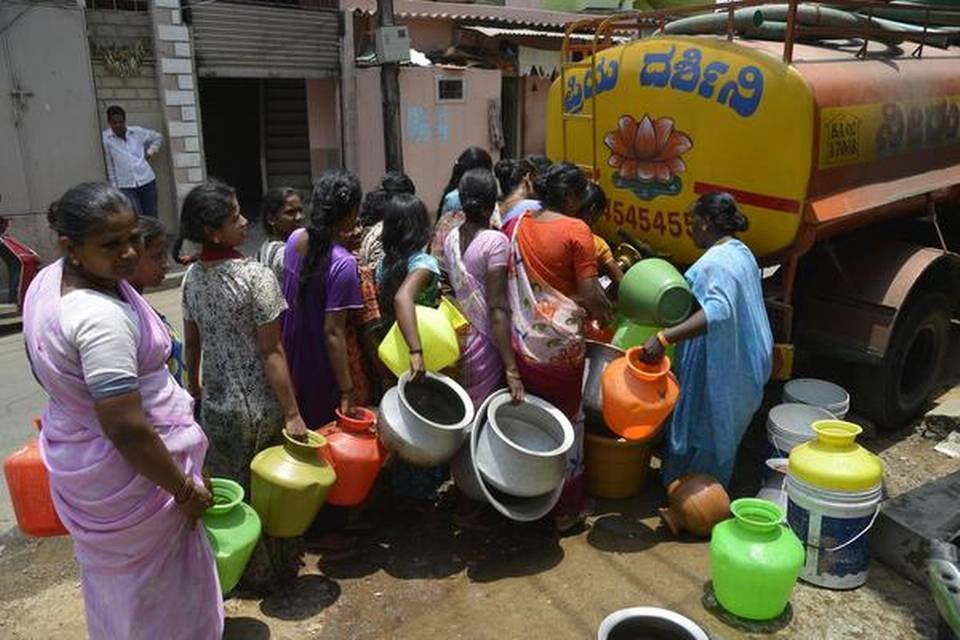India is facing severe water scarcity, with many of its cities struggling to meet the demand for fresh water. Rapid urbanisation, coupled with inadequate infrastructure and planning, has led to the depletion of groundwater reserves. To address this issue, experts are urging the adoption of sustainable water management practices, including treating and reusing wastewater in agriculture and industry.
Bengaluru is an example of the water crisis facing many urban areas in the country. The city generates approximately 1,440 million litres of wastewater each day, with only a small fraction being reused. Most untreated wastewater is discharged into rivers and lakes, polluting them and worsening the water crisis.
Treating and reusing urban wastewater can help to protect freshwater and groundwater resources from overexploitation and pollution. This approach is gaining traction in India, where several initiatives are underway to promote wastewater treatment and reuse. However, experts say that urban local bodies need better support and guidance to implement these initiatives effectively.
According to the Central Groundwater Board of India, 16 percent of assessment units in the country are overexploited, with 4 percent considered critical and 15 percent at the semi-critical stage. With India ranked as the 13th most water-stressed country globally, adopting sustainable water management practices is essential to address the growing water crisis.


